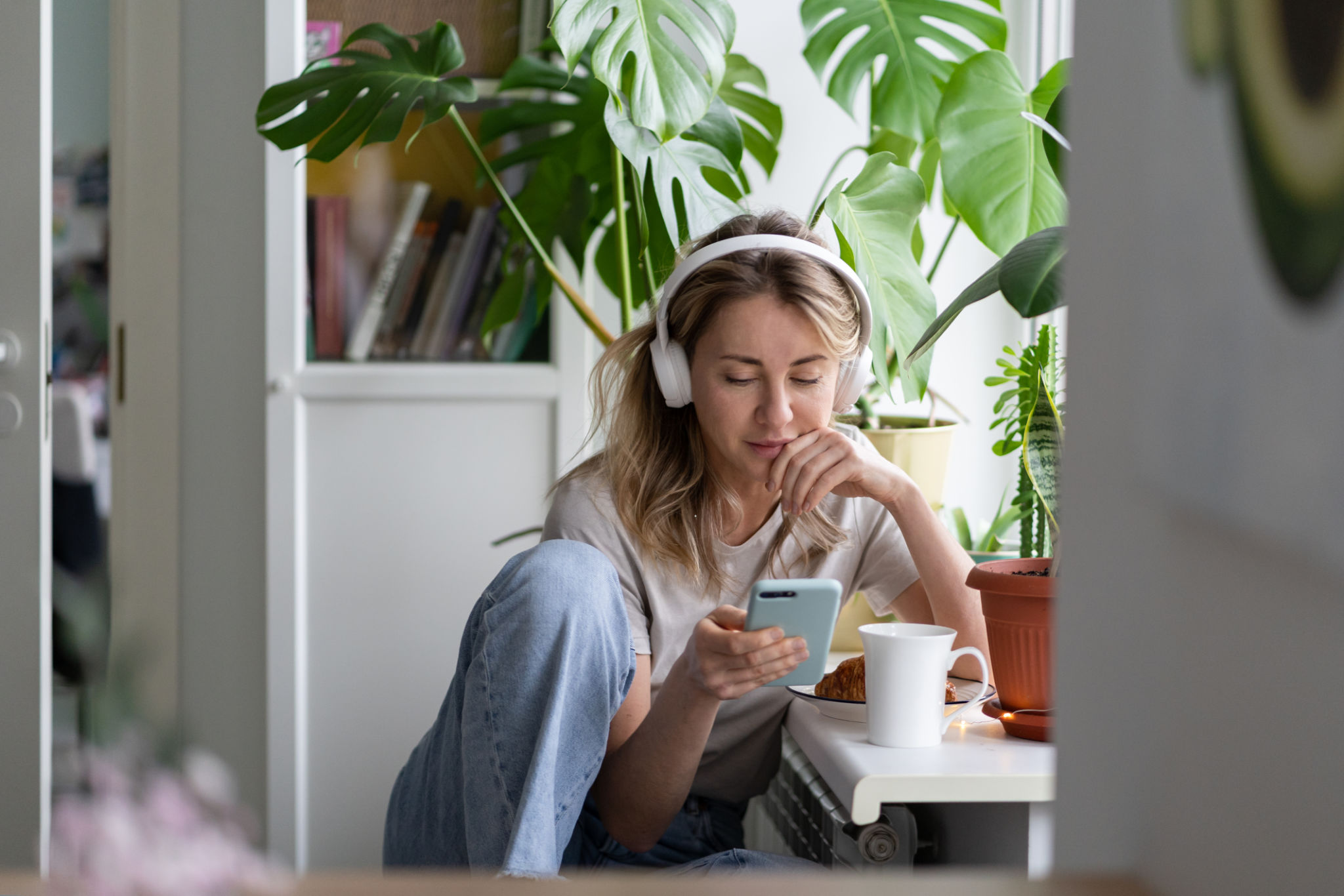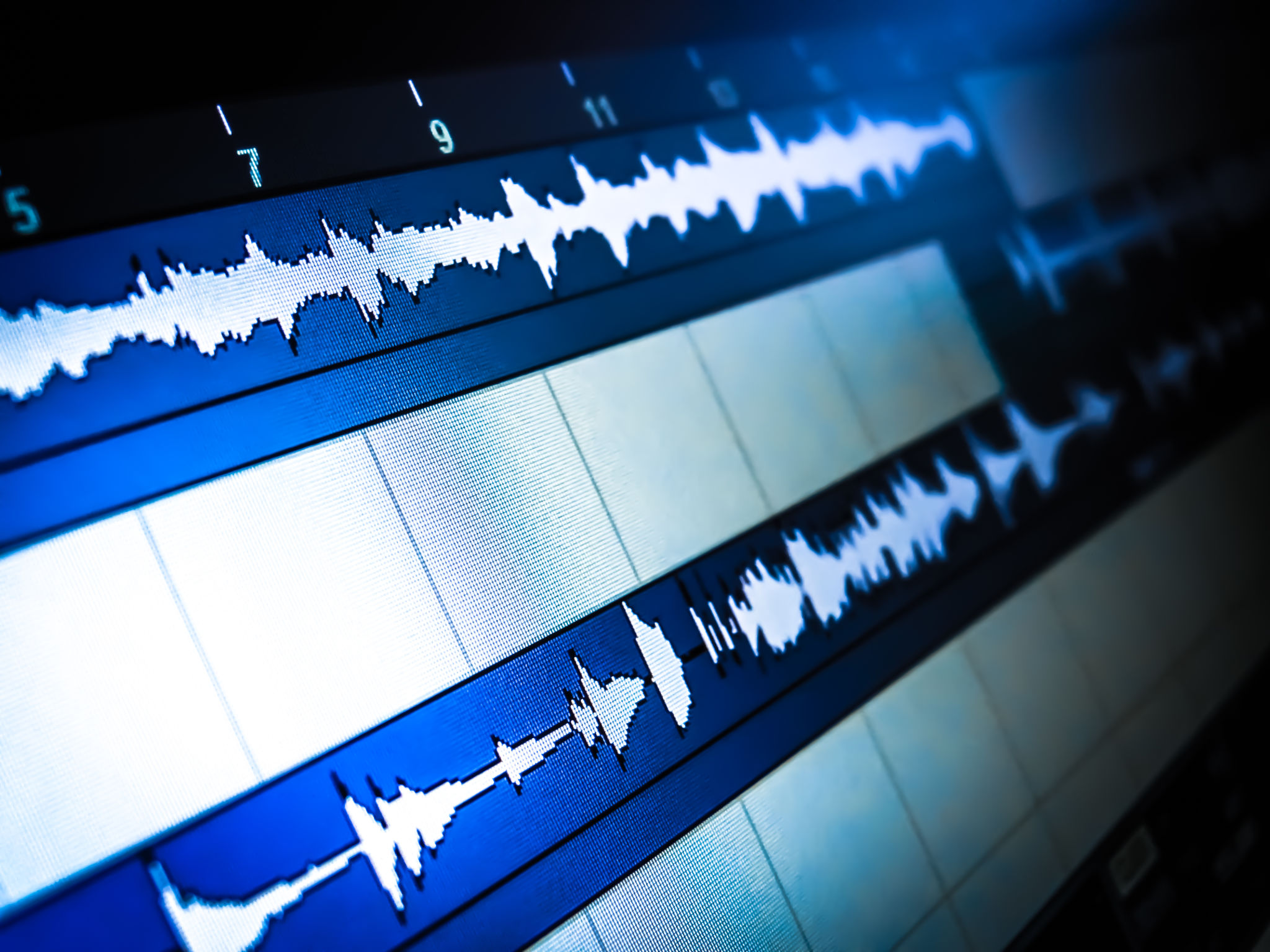How to Choose the Right Podcast Equipment for Beginners
Understanding Your Podcasting Needs
Starting a podcast can be an exciting venture, but choosing the right equipment is crucial for achieving professional sound quality. Before diving into purchases, it's important to understand your specific needs. Consider factors like your budget, the podcast format, and where you'll be recording. This initial assessment will guide you in selecting the best equipment tailored to your situation.
For beginners, it’s advisable to start simple. Investing in high-end gear might seem like a great idea, but it’s often unnecessary and can be overwhelming. As you grow more experienced, you can upgrade your equipment to suit more advanced needs.

Microphones: The Heart of Your Setup
The microphone is arguably the most important piece of equipment for any podcaster. There are two main types to consider: dynamic and condenser microphones. Dynamic microphones are durable and less sensitive to background noise, making them ideal for beginners recording in less-than-perfect environments. Condenser microphones, on the other hand, capture a broader range of frequencies and are perfect for studio settings.
When selecting a microphone, consider USB versus XLR connections. USB microphones are plug-and-play, convenient for beginners, while XLR microphones offer higher sound quality and are preferred by professionals. However, XLR microphones require an audio interface or mixer.

Audio Interfaces and Mixers
If you decide on an XLR microphone, an audio interface or mixer is essential. These devices convert analog signals from the microphone into digital form that your computer can process. For beginners, an audio interface with a single or dual XLR input is often sufficient. Brands like Focusrite offer reliable options at an affordable price.
Mixers provide more control over sound levels and are useful if you're planning on multiple inputs or live streaming. However, they add complexity to your setup and might not be necessary for solo podcasters or those just starting out.
Headphones: Monitoring Your Sound
Quality headphones are crucial for monitoring your recordings and ensuring clear audio output. Closed-back headphones are recommended as they prevent sound leakage that might be picked up by the microphone. Brands like Audio-Technica and Sony offer excellent models that strike a balance between performance and price.
While earbuds can work in a pinch, investing in a good pair of headphones will greatly enhance your ability to edit and produce professional-sounding episodes.

Optional Accessories to Consider
Once you have the essentials, consider adding a few accessories to enhance your recording experience. A pop filter or windscreen can help reduce plosive sounds caused by certain consonants. Microphone stands or boom arms provide stability and flexibility in positioning your mic.
- Pop filter: Reduces plosive sounds.
- Shock mount: Minimizes vibrations and handling noise.
- Boom arm: Provides flexible microphone positioning.
Recording Software for Beginners
The final piece of your podcasting puzzle is the recording software. Many beginners start with free options like Audacity or GarageBand, which offer basic editing features. As you become more comfortable, you might consider paid software like Adobe Audition or Reaper for advanced editing capabilities.
Your choice of software depends on your editing needs and how much you're willing to invest in learning new tools. Regardless of your choice, ensure it supports the export formats required by podcast hosting platforms.

Testing and Adjusting Your Setup
Once you’ve assembled your equipment, take time to test and adjust your setup. Record a few test episodes to familiarize yourself with each component's capabilities and limitations. Experiment with microphone placement, sound levels, and editing techniques to find what works best for your style.
Remember, practice makes perfect. Regularly reviewing and refining your process will lead to improved sound quality and a more enjoyable podcasting experience for both you and your audience.
Conclusion
Choosing the right podcast equipment is an important step toward producing a successful show. By starting with the essentials and upgrading as needed, you can build a setup that grows with you. Keep experimenting and learning as you go, and soon enough, you'll be producing content that rivals even the most seasoned podcasters in quality.